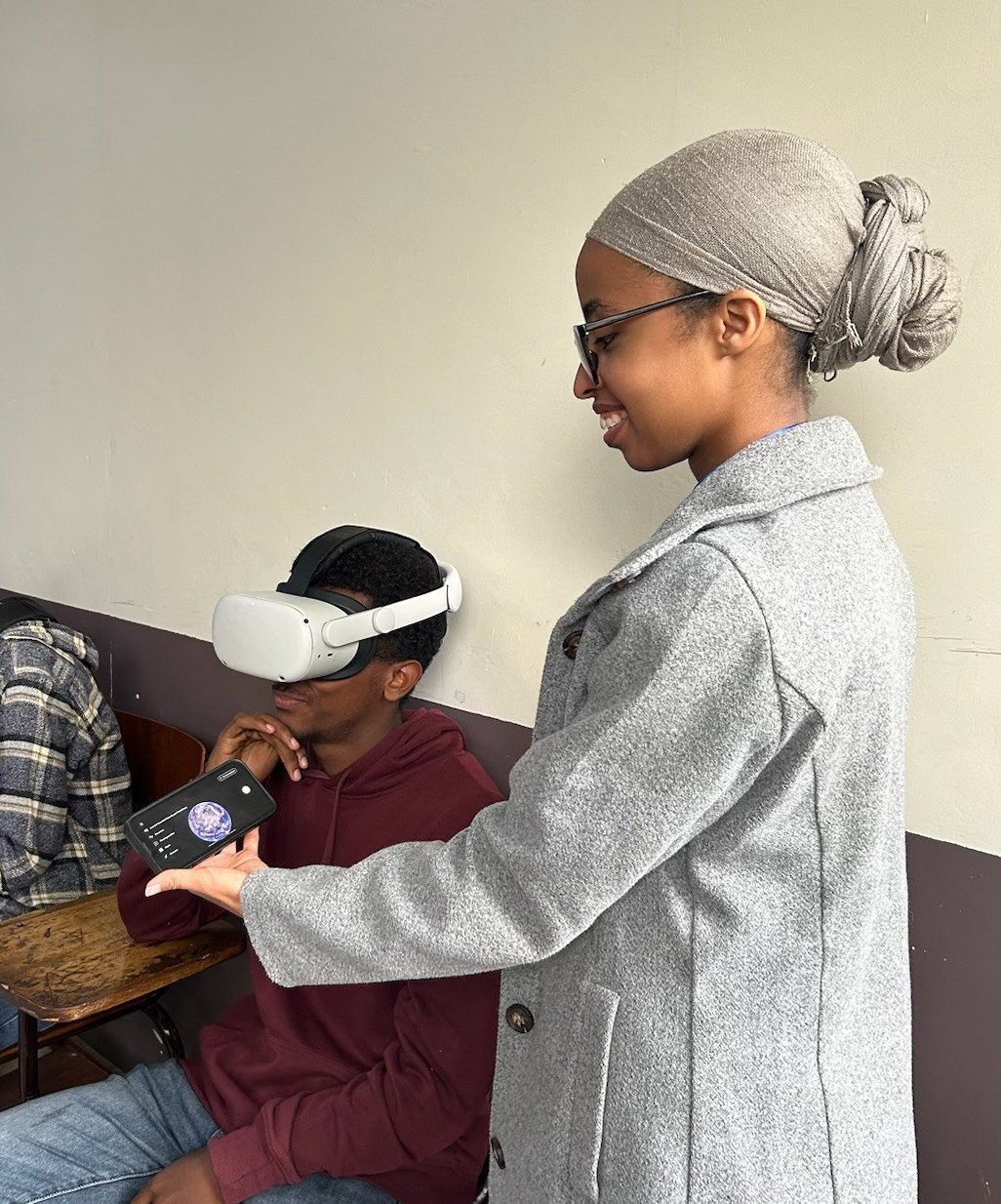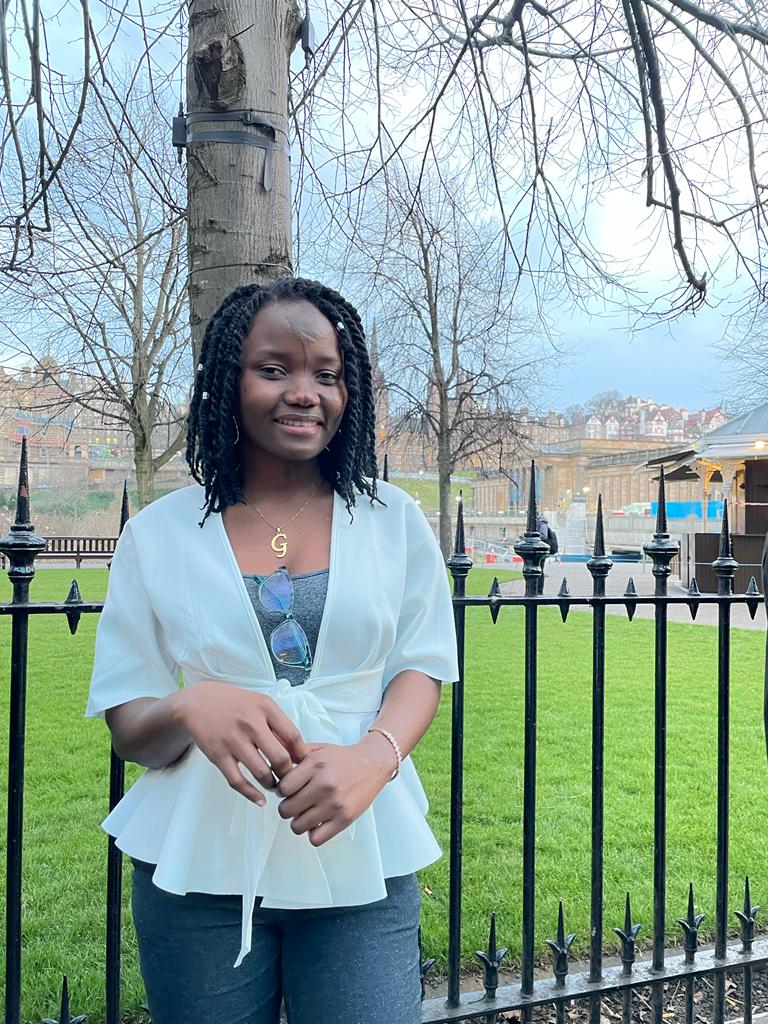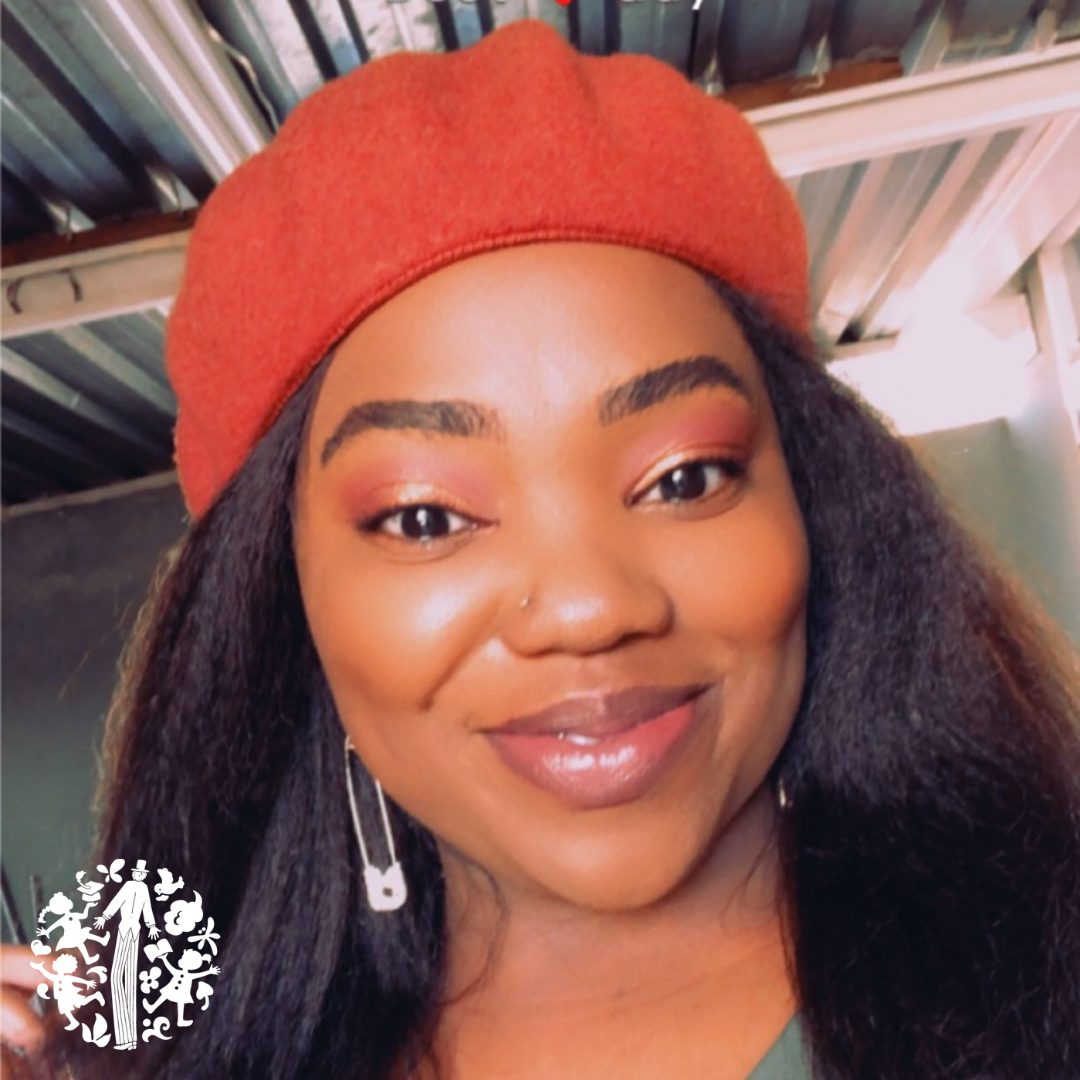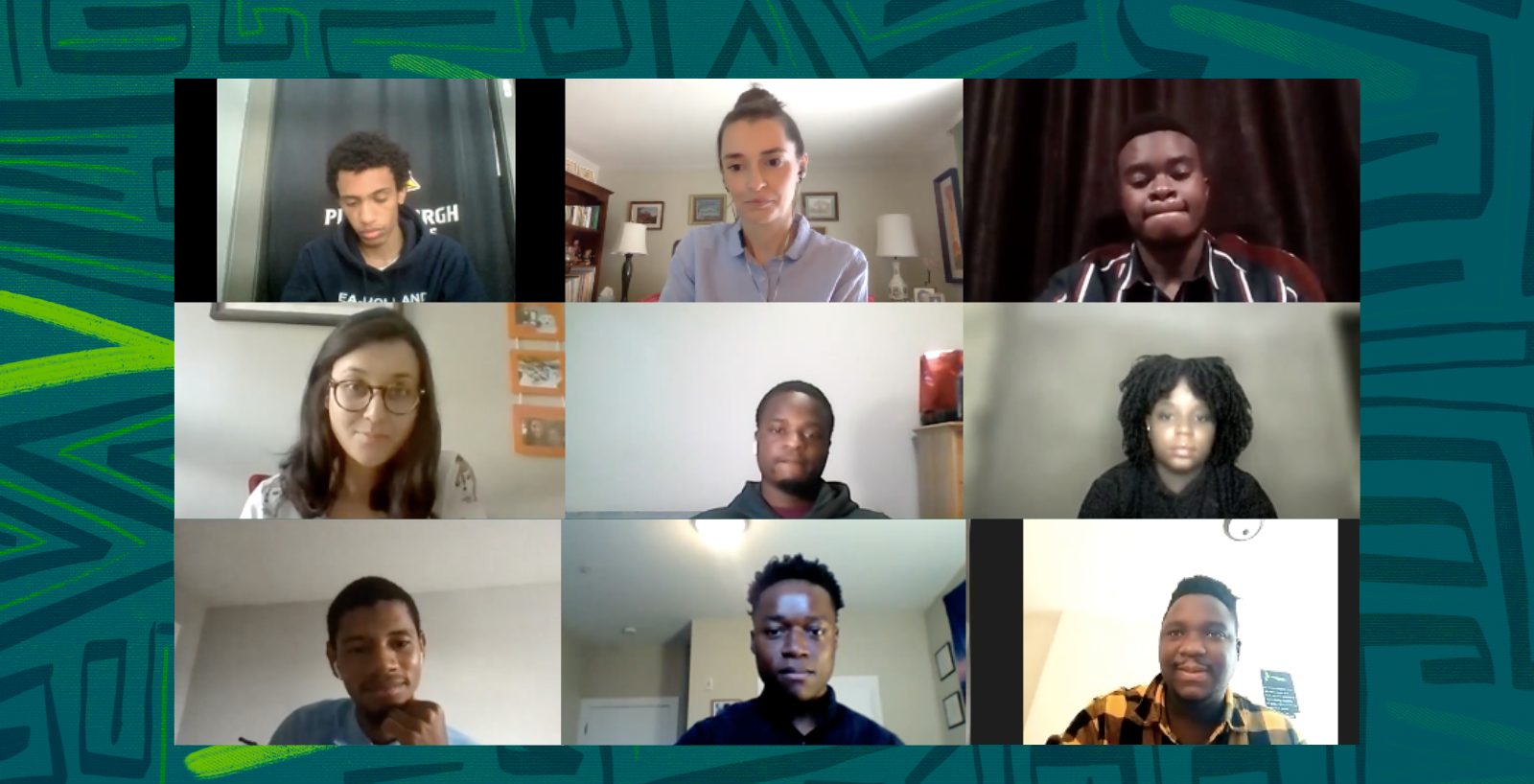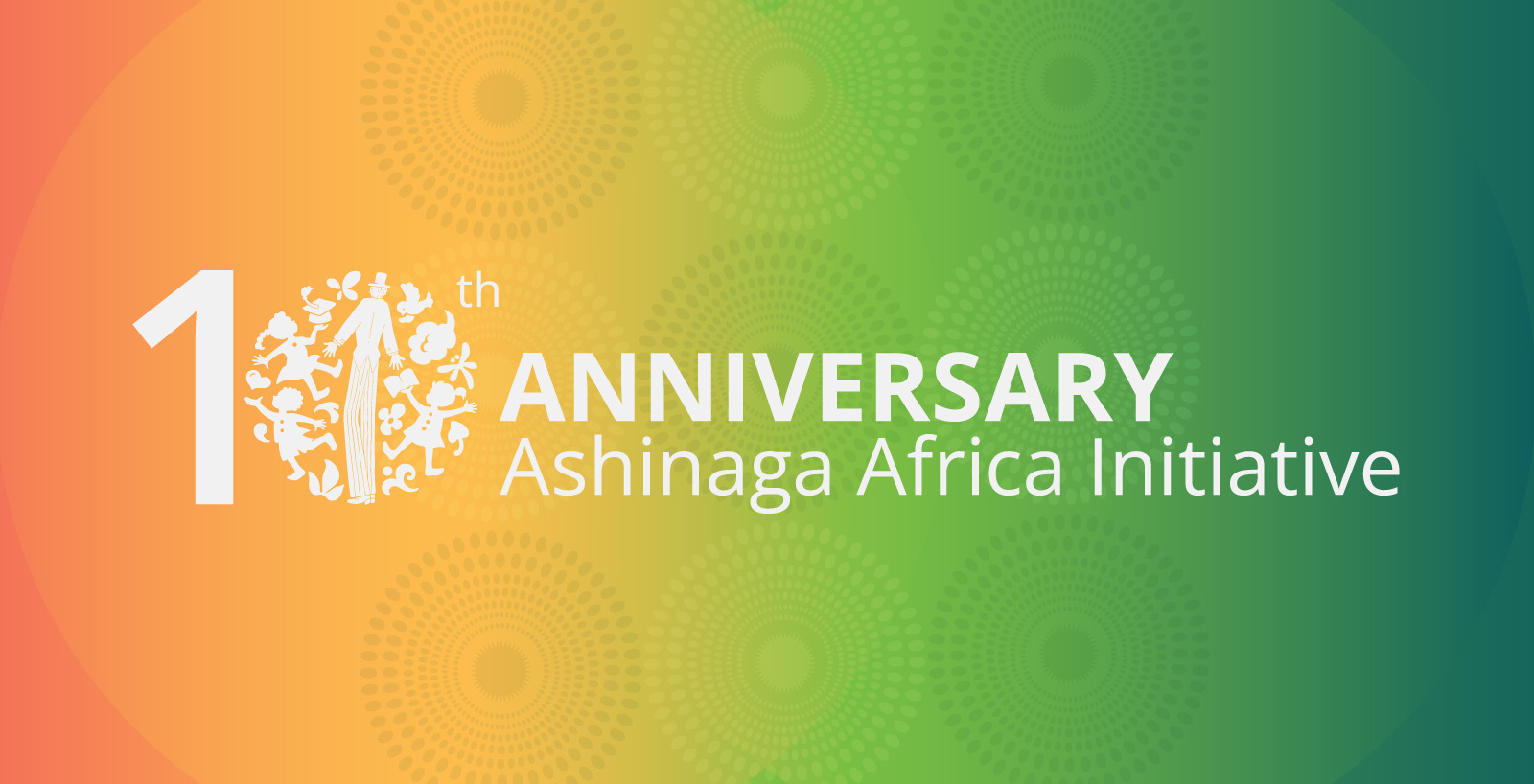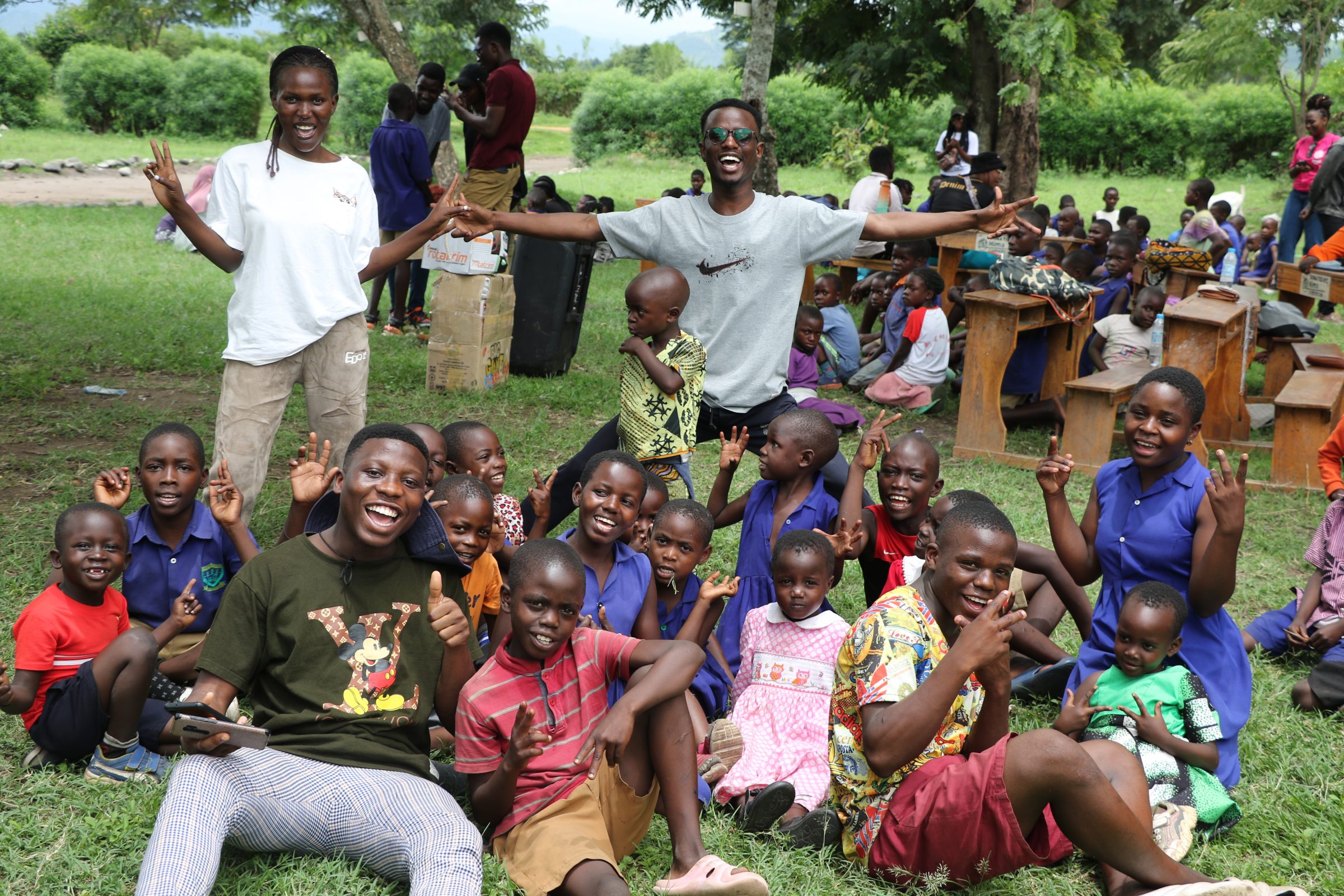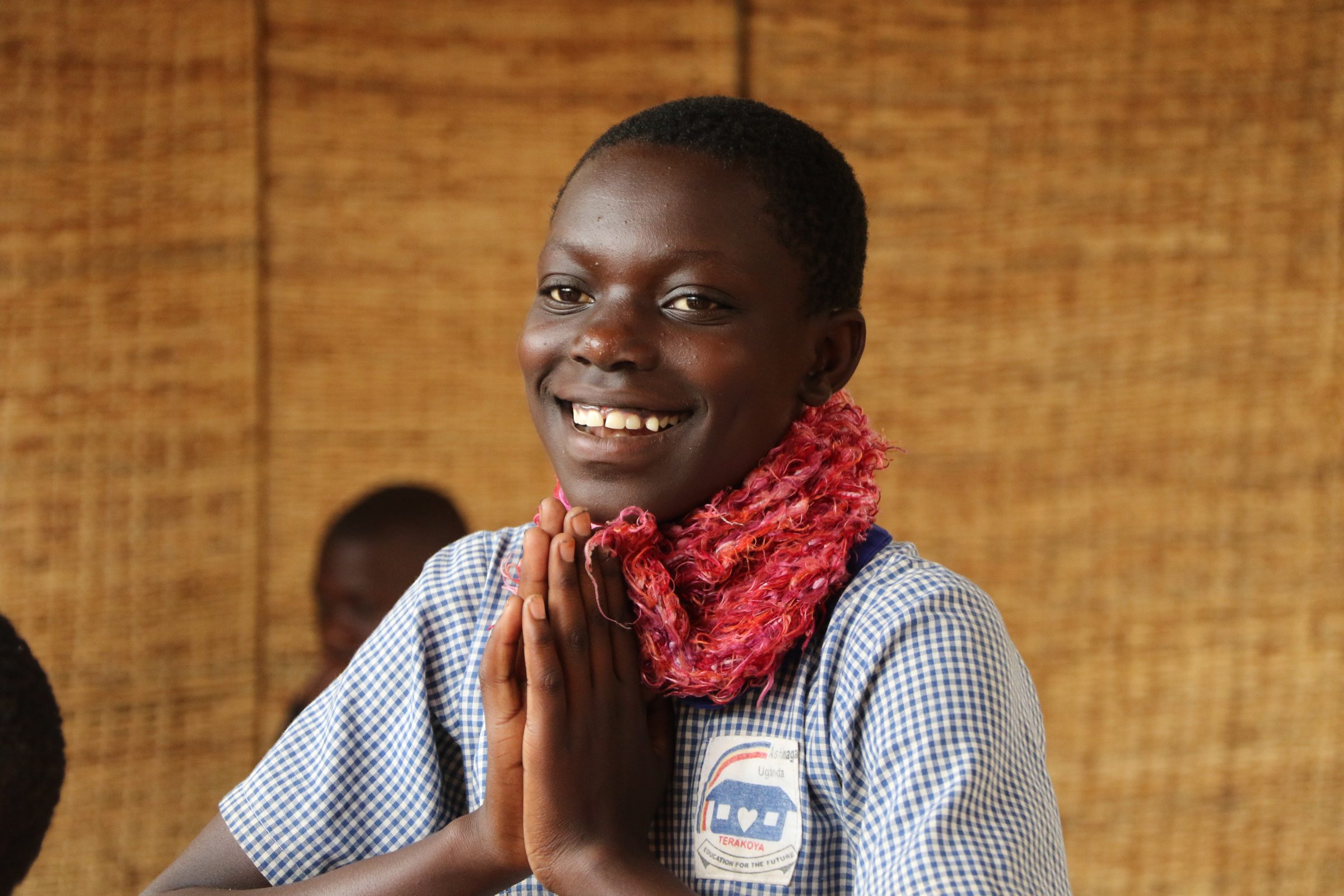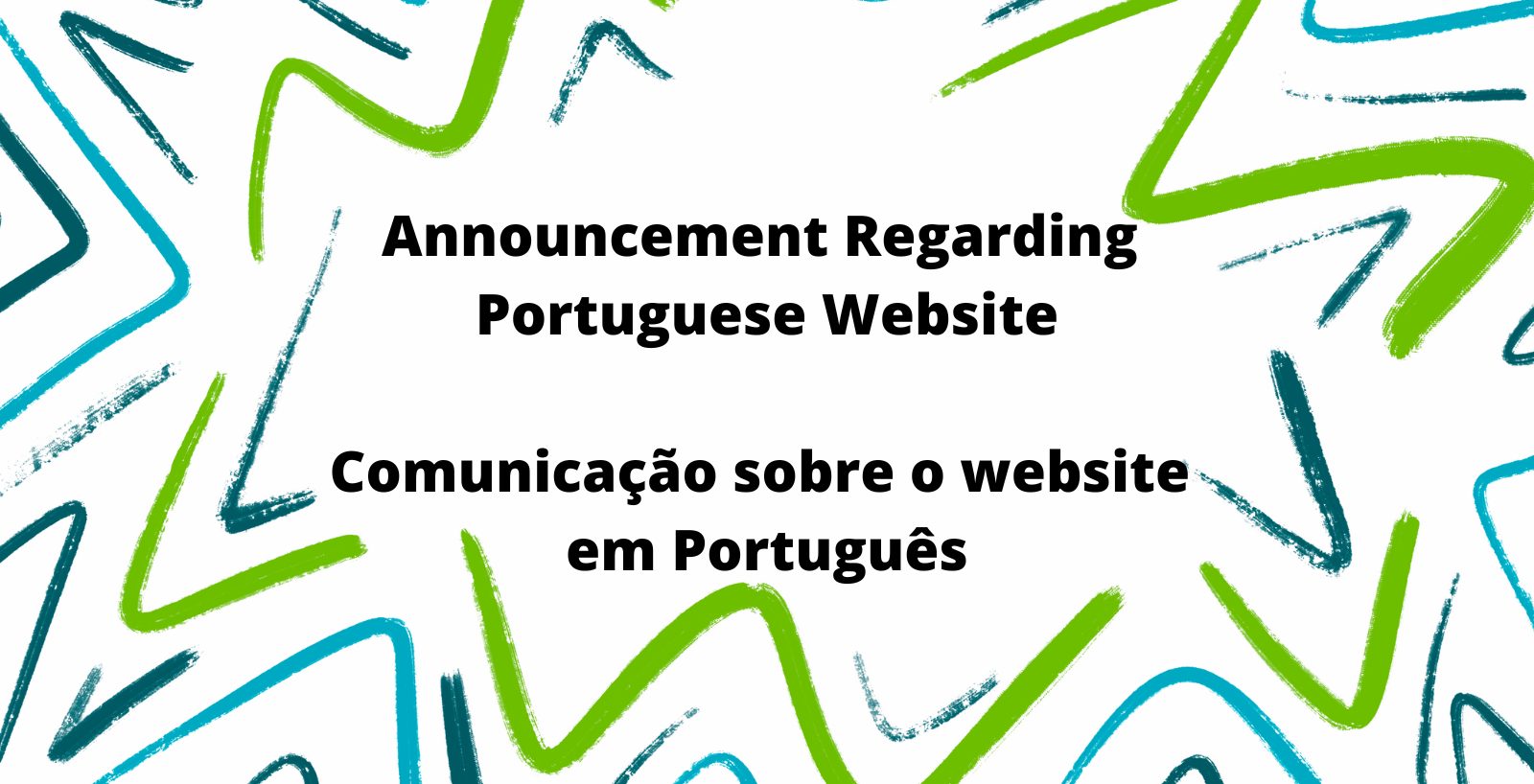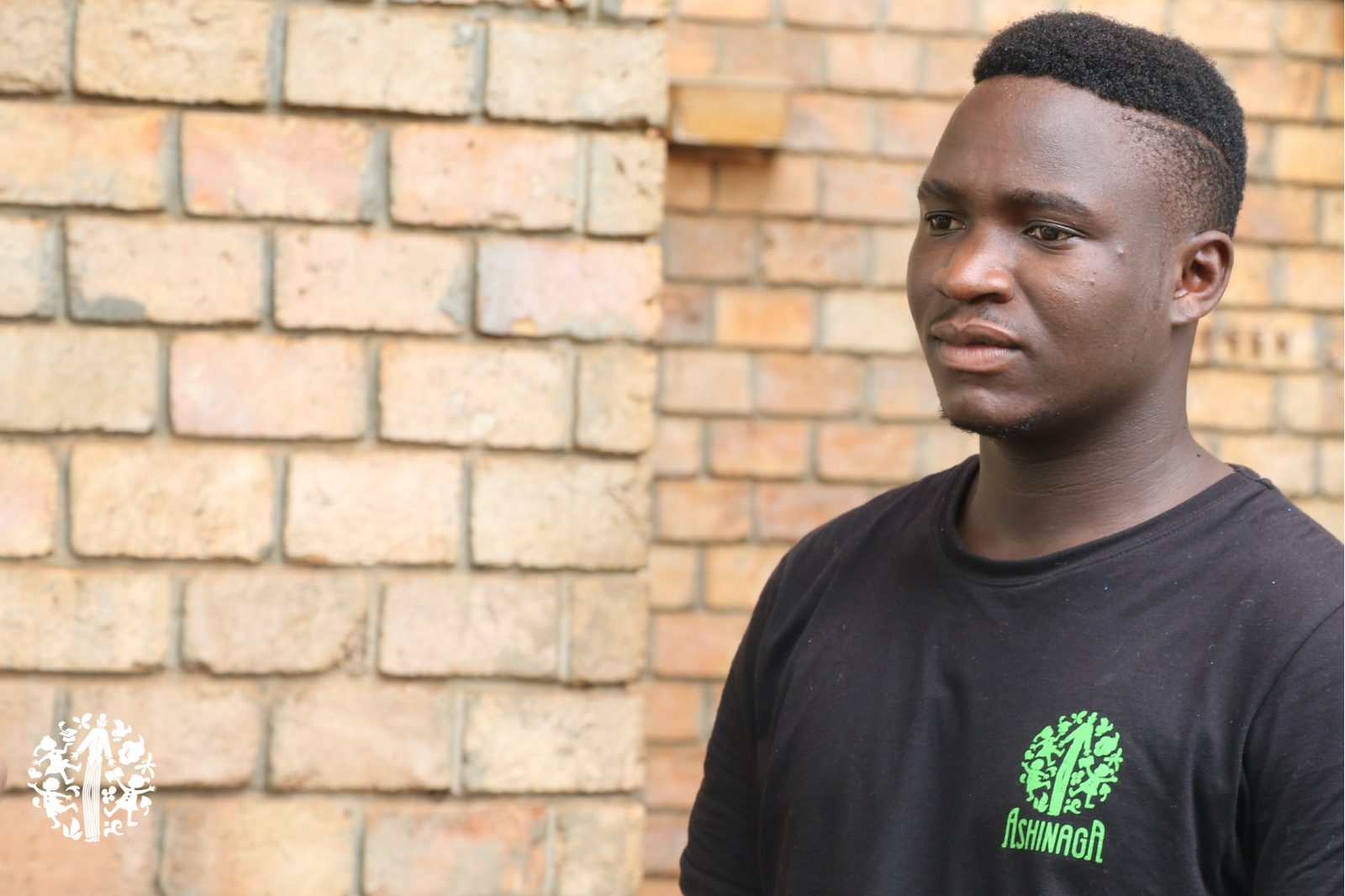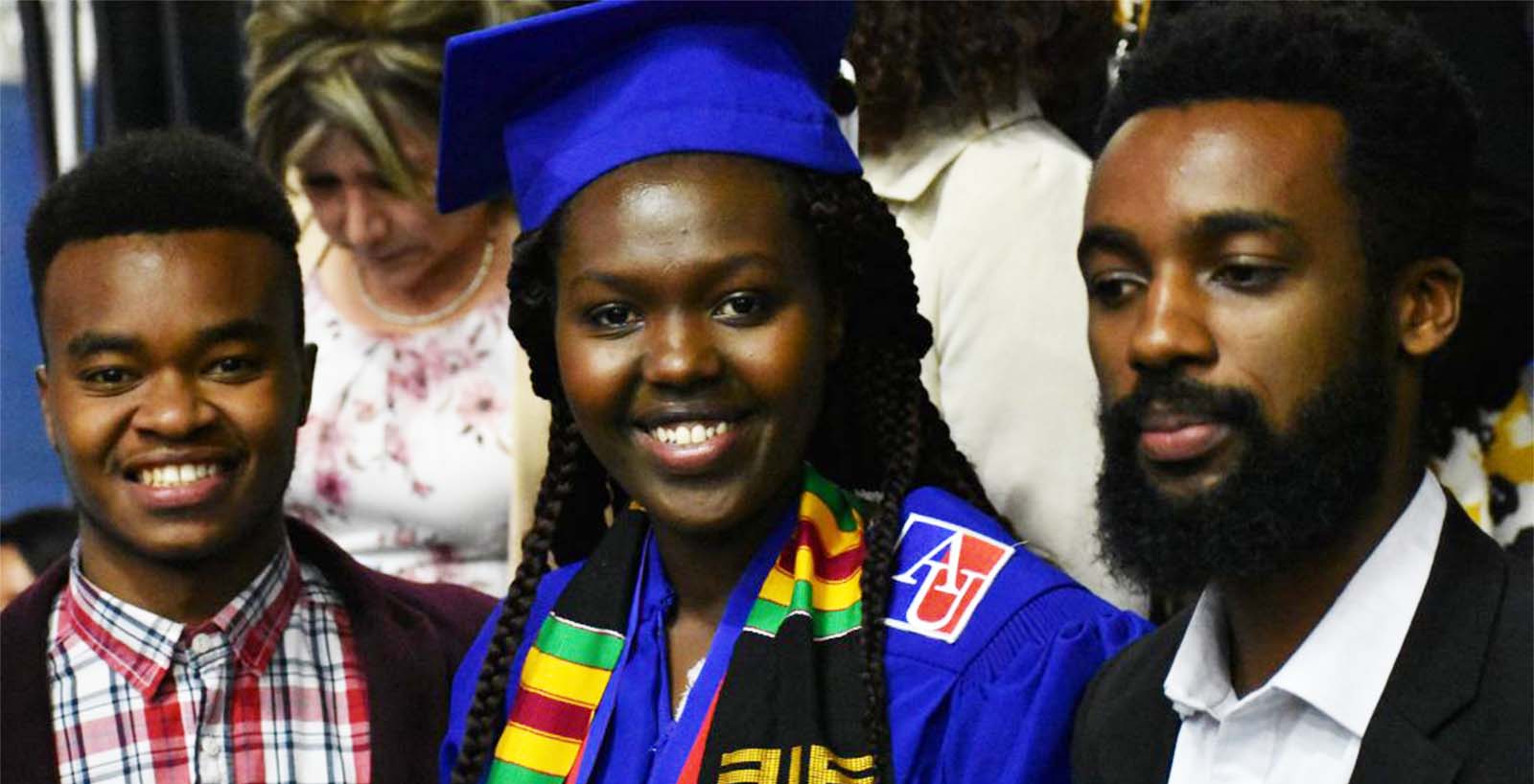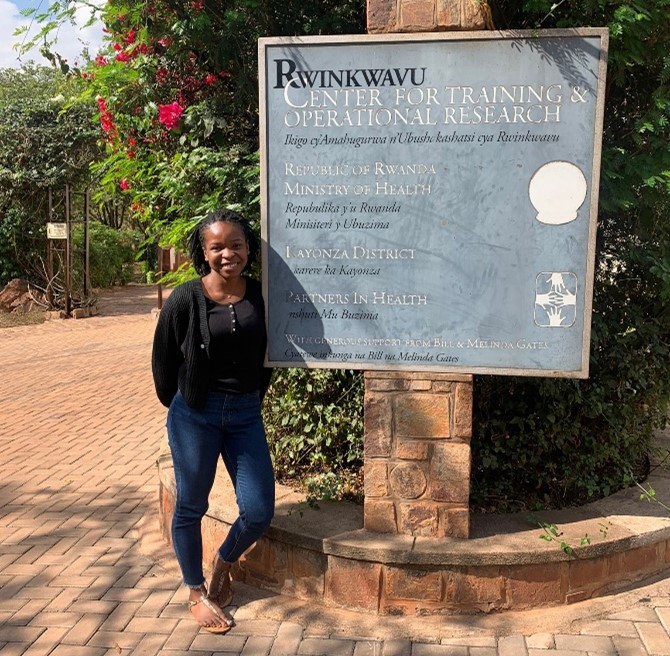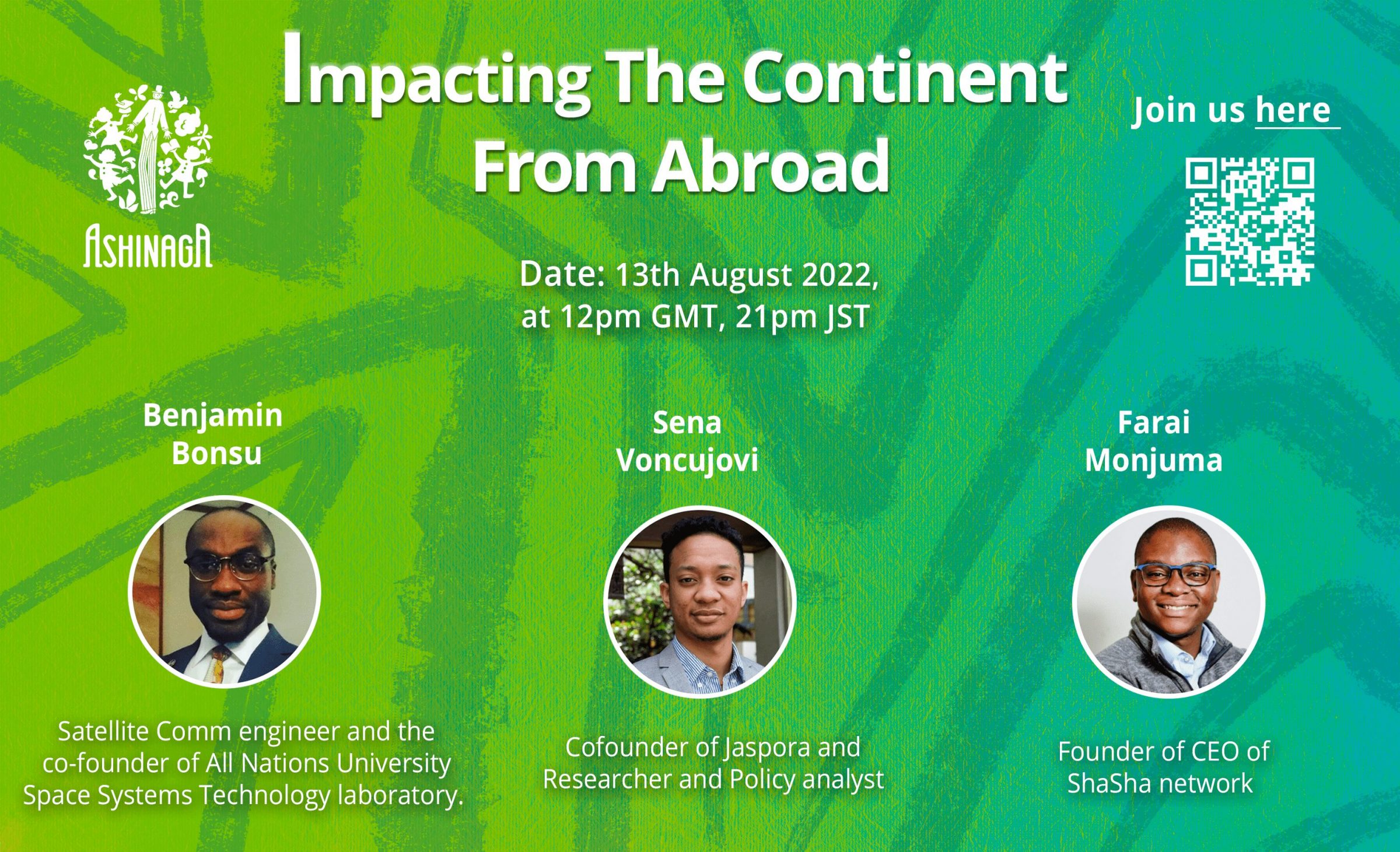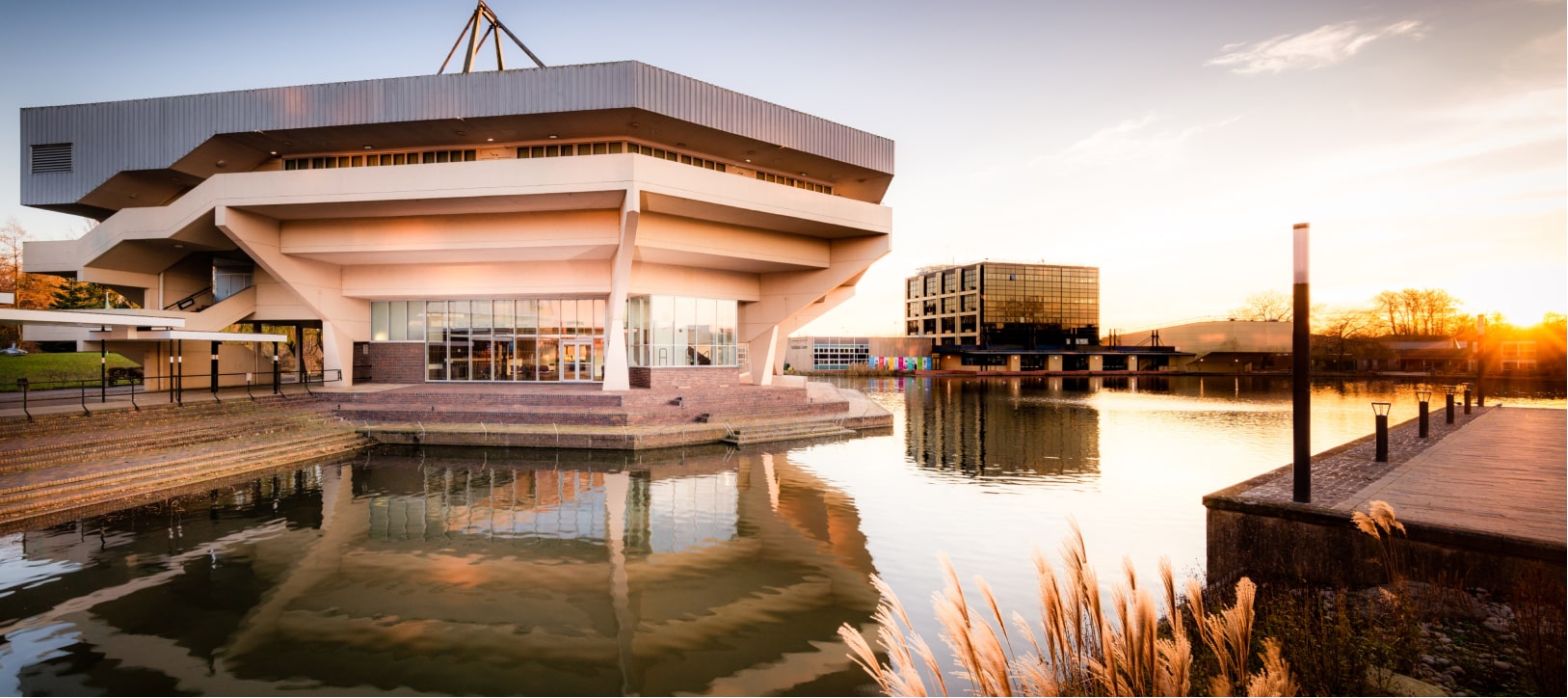My First Summer in the US
By Ashinaga USA Scholar, Martin
Finding your groove in a different environment and country can often be difficult. Because of COVID, my transition to university has been complicated, as the start of the school year was pushed to the spring. Despite the slow start to my life in the US, this past summer is one I look back at with a smile. Although I have been here for only a few months, time seems to have flown by so fast as I was faced with a ravaging summer to make productive. There were limited opportunities for internships to take due to my lack of academic breadth. However, this did not deter my ambitions as I made use of the Ashinaga Connect network to find possible internships in Africa. Further, through my enthusiasm and willingness to seek support — enshrined in me by the AAI Preparation Year — I found several summer opportunities to conduct research and internship available at WPI.
At the end of the semester, I found a research opportunity/grant promoted by WPI to work with a Chemical Engineering professor. This position required two students to help design a STEM curriculum for middle school students in Worcester. It was fully funded by the Early Research Experience in E-term (EREE) program. Seeing this as an opportunity to diversify my knowledge and research capacity, I applied for the position and was awarded the grant.
EREE was an intense ten-week program where I had the opportunity to network with professionals in varying disciplines at WPI and work in a robust chemical engineering lab. Stepping into the lab for the first time was jaw-dropping. I was impressed by the cutting-edge, enormous equipment and workstations that were available. However, my project did not heavily rely on equipment but on creating classroom-based activities to help students from minority communities engage with STEM subjects. Looking at the present global conditions, my research partners and I decided to use COVID-19 as a focal point in our research by creating a story on how aerosols are produced and how they eventually spread in an environment. To do this, we created a “smoking mannequin” model that helped simulate how the aerosols from a cough spread across a room.
To better engage with the project, I was tasked to include fractals into the research. Because the idea of fractals was new to me, I tried to identify a way to link them to my African background and found a deeper origin in a TED talk. It helped me understand how Mathematics was developed in Africa using fractals, and it inspired me to find ways to teach students about COVID using fractals. I found software resources and designed activities based on those games I played in my childhood that mimicked mathematical models. A key lesson I took away from this research was how diverse yet narrow the US education system can be. This project further enabled me to draw comparisons between my country’s middle school education system and the system of the US.
After designing the curriculum, we presented our findings to our research advisors, who approved our work. We later held a teacher conference at over ten schools to demonstrate our activities and share our research model using the mannequin head. Likewise, WPI hosted the Undergraduate Research Showcase, where we were asked to create a poster of our findings. The Research Showcase helped me realize how diverse scientific fields are, as I saw incredible work being demonstrated. From here, I was able to network with undergraduate students at WPI and learned to sell myself in a new environment with my work.
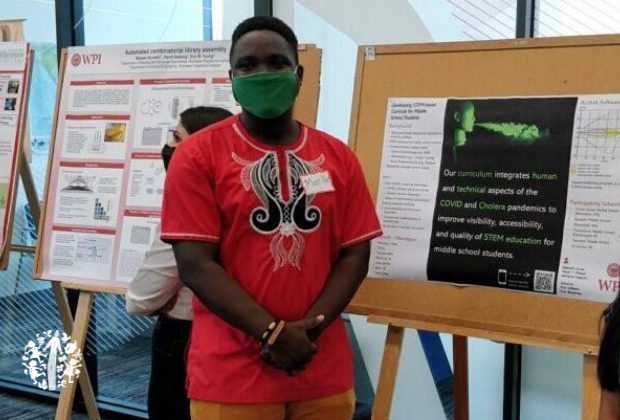
During this same period, I interned with the WPI Office of Pre-collegiate Affairs (OPA) as an online program tutor. Being accustomed to Zambian learning systems, this was an extra step in honing my leadership and delivery skills because I was teaching a new set of students. Further, my OPA position aided me in creating a support system at WPI, should I ever need help navigating a challenge and finding an internship. Through this role as a tutor, I have learned to be patient and flexible with people’s different learning methods.
Altogether, this summer was instrumental in helping me find my rhythm and direction at WPI. I believe I have expanded my horizon and feel better prepared to take up an internship in Africa this coming summer and hopefully here afterward.
